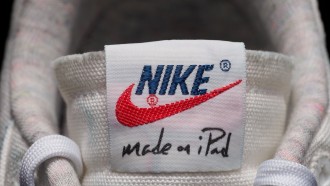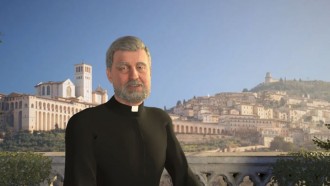Just days after former astronaut Scott Kelly's retirement comes into full effect, another eminent figure at NASA is set to retire from service by the end of the month.
Former astronaut and "Hubble Repairman" John Grunsfeld announced on Tuesday that he will be retiring on April 30, with about 40 years of scientific achievements and exploration under his belt.
"I'm grateful to have had this extraordinary opportunity to lead NASA science," said Grunsfeld, adding that the agency is well-positioned to make the next giant leaps for mankind.
Since 2012, Grunsfeld received the post associate administrator for the agency's Science Mission Directorate, handling more than 100 science missions which produced groundbreaking findings and discoveries.
Grunsfeld's tenure with the space agency also includes serving as chief scientist in 2004 and as the head of space and Earth science activities.
Charlie Bolden, current NASA administrator, said Grunsfeld will leave an incredible legacy of success that constantly remains a part of the country's historic exploration and scientific accomplishments.
Grunsfeld's 40 years in service is strongly tied to the Hubble Space Telescope, a mission he had so much passion for that he was "willing to risk his life for it."
Years ago, NASA almost abandoned the Hubble mission while preparing for an even riskier mission - returning humans to the moon. This had left Grunsfeld devastated.
But in 2009, Grunsfeld was re-training for space conditions, swimming into a pool that contained sunken replicas of the Hubble. He was going to return to space.
Despite some delays, the mission was a success: the Hubble still remains in operation as of today.
"The only reason Hubble works is because we have a space shuttle," Grunsfeld said in 2009. "And of all things we do, I think Hubble is probably the best thing we use it for."
Meanwhile, Grunsfeld's tenure atop the science division also allowed for the James Webb Space Telescope or Hubble 2.0 to be kept on budget -- $8.7 billion -- and on track for launch in two years' time. Grunsfeld believes that keeping Hubble 2.0 on track was his main priority.
Additionally, Grunsfeld was a strong supporter of research on high-elevation balloon flights and sub-orbital spacecrafts, which could help train the next generation of scientists.
In the meantime, Geoff Yoder will be deputy associate administrator until a successor for Grunsfeld is named.





